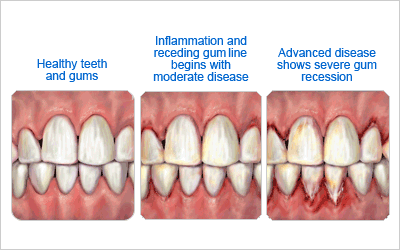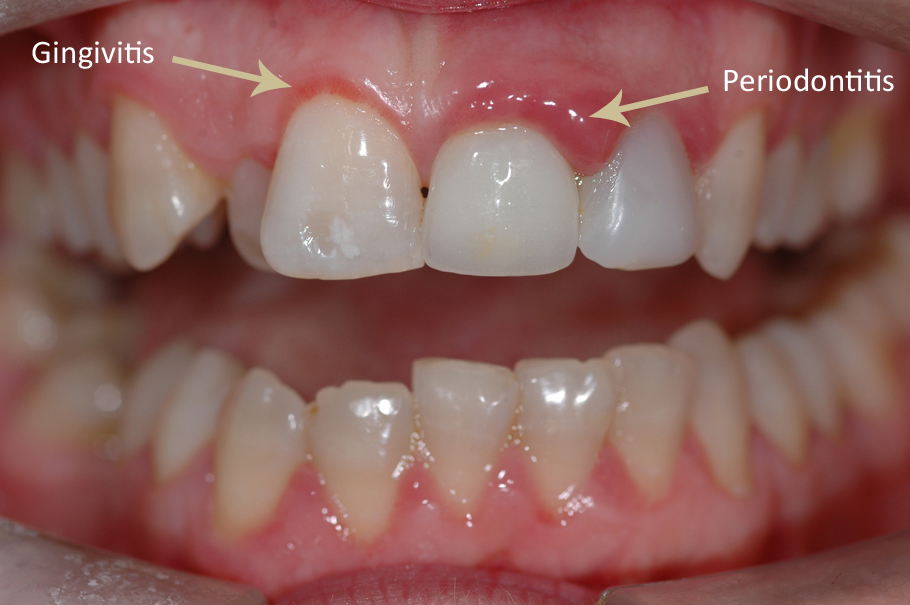Will Gum Infections Go Away on Their Own?

It’s estimated that nearly half of all Americans have some form of gum disease. Once it starts, it requires treatment to stop it from advancing. Gum disease can range from mild to severe. If left untreated, the disease can eventually cost you your smile. You can stop the progression of gum disease by noticing the symptoms, getting treatment, and continuing your home care. Catch gum disease before it’s too late and stop it once and for all!
Early Signs and Symptoms
Noticing the signs and symptoms of gum disease can help you identify a problem early on and seek treatment as necessary. There are many signs of gum disease, among them including:
- Persistent bad breath, even after brushing
- Red or swollen gums
- Tender gums or pain when chewing
- Sensitive teeth
- Loose teeth
- Teeth that appear longer (indicative of receding gums)
Your dentist can diagnose you with gum disease and talk with you about your treatment options. One of the most common options for gum disease is a deep cleaning. This process is also known as root planing and scaling, which scrapes plaque from below your gumline while removing infection contained there. Your dentist may suggest coming in for cleanings more often in order to ensure that the gum disease has not returned.
Your Dentist and Your Home Care
At C R Dental Group, Dr. James Reisman and Dr. Jordana Contrucci stress that the long-term results of your dental treatment depend greatly on your after-care at home. Regular brushing and flossing are crucial to maintaining healthy gum tissue and to ward off tooth decay. It’s also important to remember that proper brushing is more effective than aggressive brushing. Daily flossing is necessary to removing plaque buildup that leads to tooth decay and gum disease. By seeking a diagnosis and treatment, you can stop gum disease and save your smile before it’s too late!
